Government Meddling is Costing Car Buyers

“Today, customers can afford new cars because dealers compete fiercely,” said Bill Fox, chairman of the National Automobile Dealers Association (NADA) while speaking at an Automotive Press Association meeting in Detroit.
“Customers have the right to negotiate … to seek a better deal,” said Fox, who owns numerous franchises in upstate New York. However, he also noted that Washington regulations are making things difficult – and expensive – for car buyers.
For starters, according to Fox, around 80 percent of drivers finance vehicle purchases through a dealership. This is because many times they can provide customers the best rate by sending their credit information to 20 or 30 different lenders at once.
“You should have every possible financial advantage,” said Fox, and dealers can provide this. But more ominously he noted that the U.S. Consumer Financial Protection Bureau (CFPB) is pushing for a flat fee across the board, something that could make vehicles more expensive and consequently inaccessible to more people. Fox said this move “will destroy competition.”
Today, dealers can sell buyers higher interest rates on loans than required by a bank or other lender. In turn, these financial institutions often pay dealers a small amount for their efforts selling these monetary products.
This can be good news for franchise owners but obviously there is potential for abuse. According to a bulletin released by the CFPB, “Because of the incentives these policies create, and the discretion they permit, there is a significant risk that they will result in pricing disparities on the basis of race, national origin, and potentially other prohibited bases.”
SEE ALSO: 10 Worst Car Dealerships by Brand
The Equal Credit Opportunity Act (ECOA) makes it illegal to discriminate based on things like race, sex, religion or national origin. Obviously this could happen with auto loans, especially if dealerships are getting incentivized by lenders.
Fox supports H.R. 1737, bi-partisan proposal that would nullify the CFPB’s auto guidance. “This bill would require the industry to study the true impact on consumers,” said Fox. “The NADA strongly supports this legislation,” which is expected to pass.
“The consumer doesn’t recognize the issues … until it affects him,” said Fox. “I think the consumer, when [he] understands what’s at stake, he has to be concerned because he can’t afford a higher rate.”
Moving beyond financial topics, Fox also noted that fuel-economy regulations are costing drivers more, even if it’s not at the pump when they fill up. He said higher efficiency, lower emissions and stronger recall laws are all good things, “But we need a practical balance … improved fuel economy comes at a cost.”
“[Two years ago] the average dealer in this country spent $180,000 a year complying with 60 … federal regulations. That’s a lot of money,” said Fox. “So, regulatory influence … is more impactful today on dealers than even legislation.”
America’s Corporate Average Fuel Economy laws, CAFE for short, require that automakers’ fleets average 54.5 miles per gallon by the year 2025.
According to Fox, this legislation is estimated to cost $210 million dollars, a per-vehicle price tag averaging more than $3,000. This increase could price some 7 million drivers right out of the market, which is bad news for the entire automotive industry.
Additionally, Fox said that people have different vehicular needs. Not everyone can drive a fuel-sipping subcompact car. “Farmers can’t haul hay in a Prius.”
Check out our Tips and Advice Section.

Born and raised in metro Detroit, Craig was steeped in mechanics from childhood. He feels as much at home with a wrench or welding gun in his hand as he does behind the wheel or in front of a camera. Putting his Bachelor's Degree in Journalism to good use, he's always pumping out videos, reviews, and features for AutoGuide.com. When the workday is over, he can be found out driving his fully restored 1936 Ford V8 sedan. Craig has covered the automotive industry full time for more than 10 years and is a member of the Automotive Press Association (APA) and Midwest Automotive Media Association (MAMA).
More by Craig Cole



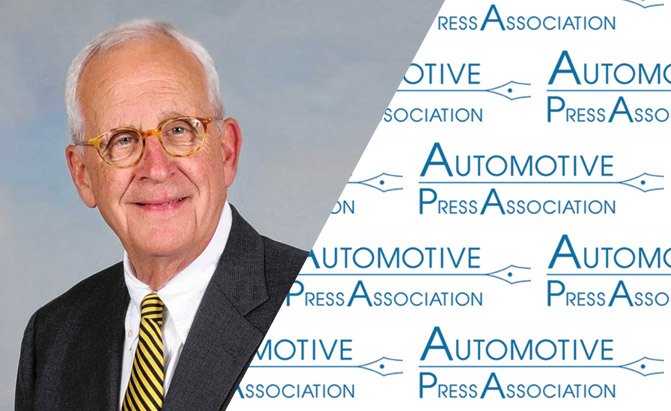










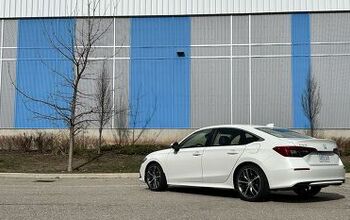



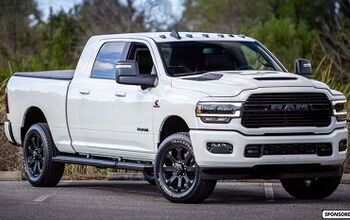



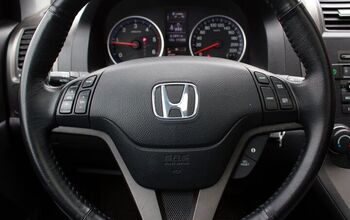

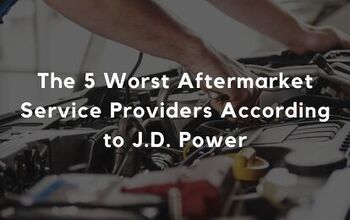
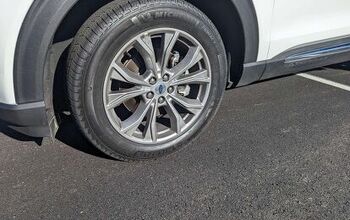






Comments
Join the conversation
This guy has been believing his own BS for far too long & wants an exemption to continue screwing people to protect his bottom line. And then passes it off as the govt is sticking it to car buyers?? Give me a break. Look at the ridiculously overpriced & unnecessary add ons for paint sealant, pin stripes, & the ever popular AMV stickers on really popular cars. Govt doesn't do any of those things, dealers do.
he's right about a flat financing fee making cars more expensive and making them inaccessible to some lower income people. (which will negate the need for them to have good credit)